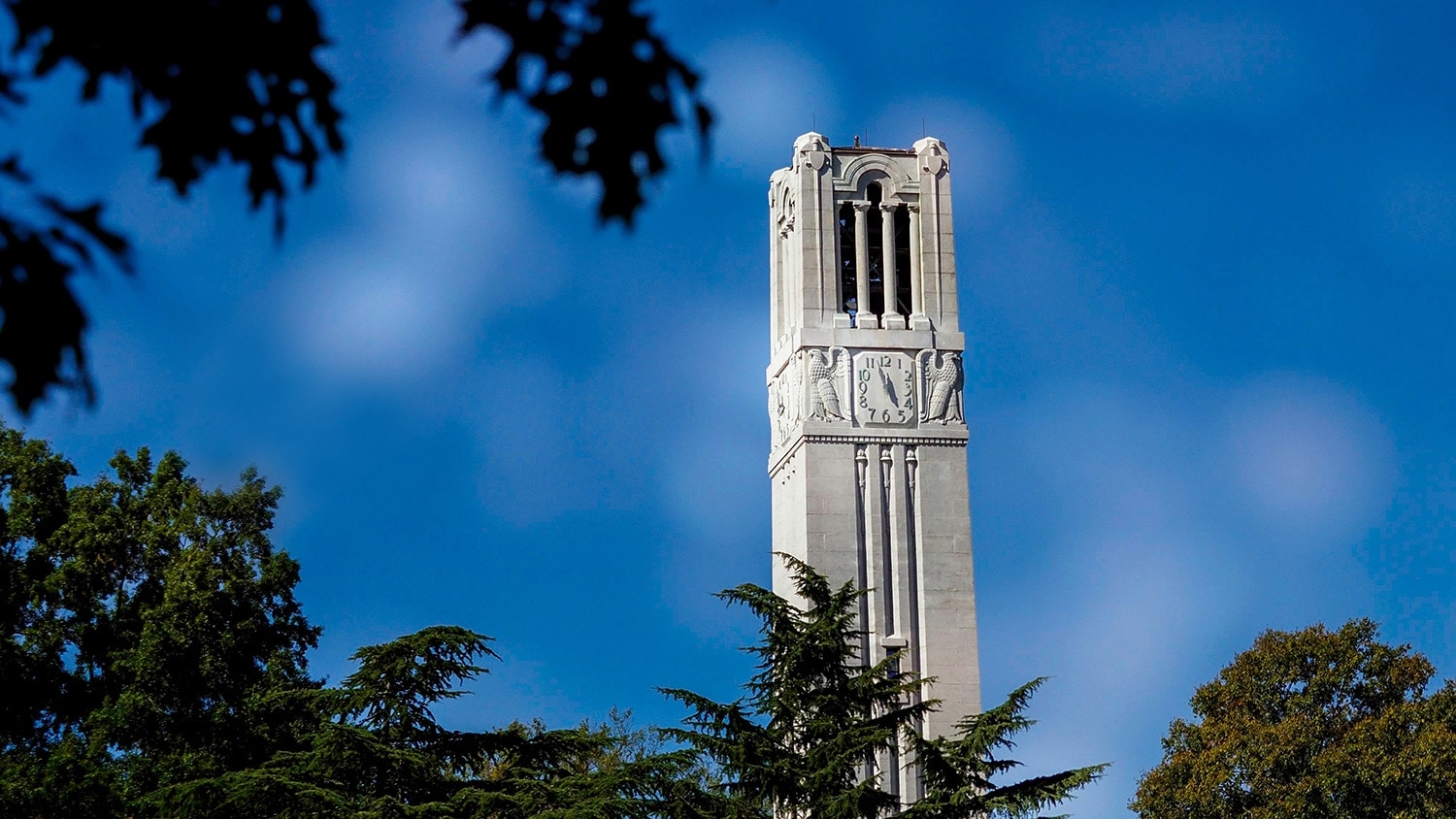Postdoctoral Fellows to Research ADAPT Course Model Funded by National Science Foundation

Data science is rapidly growing, as a profession, a professional skill and a component of literacy for the general public. As the Data Science Academy (DSA) continues to grow the resources and courses for the NC State student population, we are also building a replicable model for data science education. Our All-campus Data science Accessible Project-based Teaching and learning course design model (acronym ADAPT) implements data science education across disciplines, while providing opportunities for underrepresented groups to thrive in the data science and STEM-Ed communities.
The National Science Foundation (NSF) has awarded the DSA $1,249,352 over the course of three years to hire four postdoctoral fellows who will develop, implement, scale, and share a long-term, robust research program that assesses the efficacy of the ADAPT model and related courses. This award reflects NSF’s statutory mission, including the Harnessing the Data Revolution big idea.
The DSA is creating a model for training postdoctoral fellows that centers diversity, equity and inclusion. This program will bring together mentors with varied backgrounds, professional expertise and research interests with a diverse cohort of fellows who will broaden participation in data science. Applicants from groups underrepresented in data science and who may have limited experience in data science or education research have been encouraged to apply.
“NC State has deep experience in data science education across the university with many faculty already contributing new knowledge about teaching and learning in this emerging field. I am looking forward to welcoming and supporting a diverse team of postdocs, whose research will help the Data Science Academy refine the ADAPT design principles. They will discover course components and pedagogical approaches that can be included in data science programs to help make good on the promise of Data Science for Everyone.” – Rachel Levy, DSA Executive Director and Professor of Mathematics
The fellows will have the opportunity to work with ADAPT data science education researchers from across NC State, including four faculty from the College of Education: Hollylynne Lee, Interim Associate Dean, Friday Institute, and Distinguished Professor of Mathematics and Statistics; Sunghwan Byun in the Department of STEM Education; Ruby Ellis in the Department of STEM Education; and Shiyan Jiang in the Program of Learning Design Technology. Mentors also include Emily Griffith from the Department of Statistics and Daniela Jones from the Department of Biological and Agricultural Engineering; the mentors span three colleges of the university. Each of these mentors have research programs that include data science teaching and learning.
“In this postdoc program, I look forward to examining the Data Science Academy (DSA) as a leading learning community that will inform other educators and programs on widening access to data science education. DSA brings together students and instructors from a wide range of backgrounds and interests. I am especially excited to explore how we can better leverage DSA’s diversity based on the multiple perspectives the postdocs will bring.” – Sunghwan Byun, Director of Educational Research and Assistant Professor of Mathematics Educations (STEM Ed)
Through a collaboration with Wake Technical Community College (Wake Tech), postdoctoral candidates will learn about course offerings within Wake Tech’s Business Analytics degree program, as well as have the opportunity to teach courses at the community college level.
The hiring process for the Postdoctoral position has begun. More information can be found on the DSA website.
Acknowledgement: This material is based upon work supported by the National Science Foundation under Grant No. 2222148 STEM Ed PRF: Mentoring a Diverse Cohort of Postdoctoral Scholars in Data Science Education Research.
Disclaimer: Any opinions, findings, and conclusions, or recommendations expressed in this material. are those of the author(s) and do not necessarily reflect the views of the National Science Foundation.
- Categories: